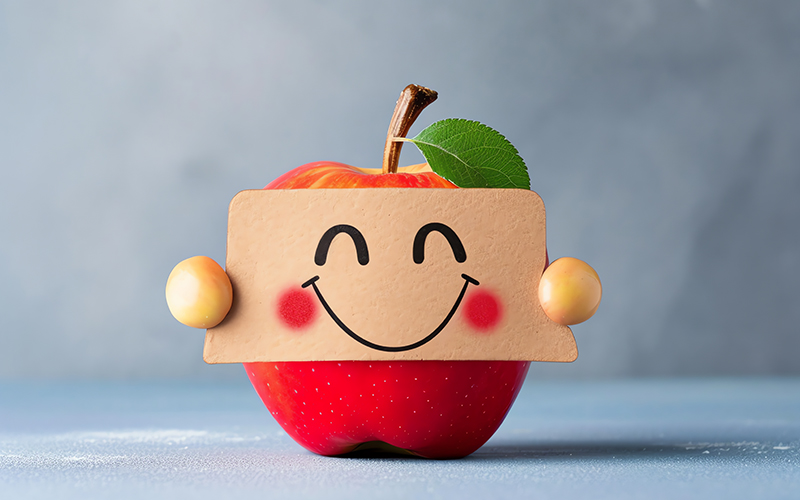The Fascinating Link Between Fermented Foods and our Feelings

Have you ever felt unexpectedly cheerful after a helping of yogurt? It's not just your taste buds celebrating. There's a surprising connection between fermented foods and our emotions. Let's explore this intriguing world in simple terms.
What are Fermented Foods?
First, let's understand what fermented foods are. These are foods that have undergone a process where microorganisms like bacteria and yeast break down the food components. This process not only preserves the food but also creates beneficial enzymes, B vitamins, omega-3 fatty acids, and various strains of probiotics. Common examples include yogurt, kimchi, kombucha, idli dosa, curd, kadhi, kanji and buttermilk.
The Gut-Brain Axis
The secret behind the mood-lifting properties of fermented foods lies in the gut-brain axis. This is a complex communication system linking your gut and brain. Neurotransmitters and other chemicals produced in your gut significantly affect your brain.
Fermented Foods and Gut Health
Fermented foods are rich in probiotics, the good bacteria that live in our gut. These probiotics help maintain a healthy balance of gut flora. A healthy gut microbiome is crucial for digesting food, absorbing nutrients, and preventing the growth of harmful bacteria.
The Emotional Connection
So, how do these foods impact our emotions? Probiotics in fermented foods can positively influence the gut-brain axis. They help produce mood-regulating neurotransmitters like serotonin and dopamine. Approximately 95% of serotonin, a key hormone that stabilizes our mood, is produced in the gut.
Scientific Evidence
Several studies have shown a link between probiotic-rich diets and reduced anxiety, depression, and stress. People consuming more fermented foods often report better mood and cognitive functions.
A Word of Caution
While fermented foods can be a great addition to your diet, they're not a cure-all. It's important to maintain a balanced diet and a healthy lifestyle. Also, some people might find certain fermented foods does not suit them. It's always good to start small and see how your body reacts.
Conclusion
The world of fermented foods is not just about taste; it's a journey into the fascinating connection between what we eat and how we feel. Incorporating these foods into our diet can contribute to a happier, healthier gut, and perhaps, a brighter mood. Remember, a happy gut could mean a happy you!







